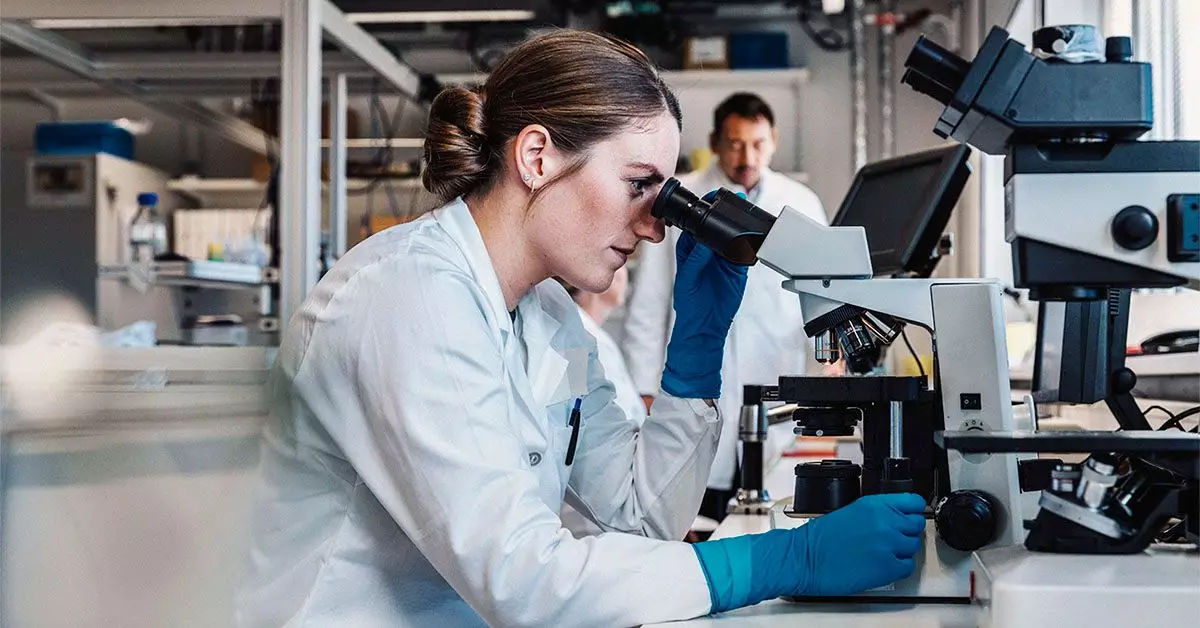Hereditary leiomyomatosis and renal cell carcinoma (HLRCC) is a rare genetic condition that predisposes individuals to benign skin tumors and an increased risk of a specific type of kidney cancer. This inherited syndrome is caused by a mutation in the fumarate hydratase (FH) gene, which plays a crucial role in energy production within cells. The inability of the FH gene to efficiently catalyze certain reactions leads to the accumulation of fumarate in cells, contributing to the development of tumors.
HLRCC follows an autosomal dominant pattern of inheritance, meaning that individuals only need to inherit one copy of the affected gene from a parent to develop the condition. As a result, each child of an individual with HLRCC has a 50% chance of inheriting the syndrome. The variability of symptoms and severity among family members underscores the complex nature of this genetic disorder.
Individuals with HLRCC may present with a range of symptoms, from benign skin tumors known as leiomyomas to life-threatening renal cell carcinoma (RCC). Leiomyomas often manifest as small, firm bumps on the skin or within the uterus, leading to fibroids. Symptoms of RCC can include abdominal lumps, blood in the urine, unexplained weight loss, and fatigue, highlighting the diverse clinical presentation of HLRCC.
Genetic testing plays a crucial role in diagnosing HLRCC by identifying alterations in the FH gene. Early detection through genetic testing enables healthcare professionals to implement surveillance and preventive measures to manage the condition effectively. Treatment for HLRCC involves a multidisciplinary approach, including specialists such as dermatologists, oncologists, and surgeons. While surgical interventions may be necessary to address leiomyomas or RCC, targeted therapies and advanced imaging techniques are utilized for comprehensive management.
The prognosis for individuals with HLRCC varies based on the development of RCC and the effectiveness of treatment interventions. Regular monitoring and timely interventions are essential for managing symptoms and optimizing outcomes. Survival rates for RCC at different stages underscore the importance of early detection and personalized treatment strategies to improve long-term prognosis.
Hereditary leiomyomatosis and renal cell carcinoma (HLRCC) represent a complex genetic condition that necessitates a comprehensive and proactive management approach. From genetic counseling to routine health screenings and treatment interventions, individuals with HLRCC require tailored care to address the diverse manifestations of this syndrome effectively. By raising awareness of HLRCC and advocating for personalized care, healthcare professionals can enhance outcomes and quality of life for individuals living with this rare genetic disorder.

